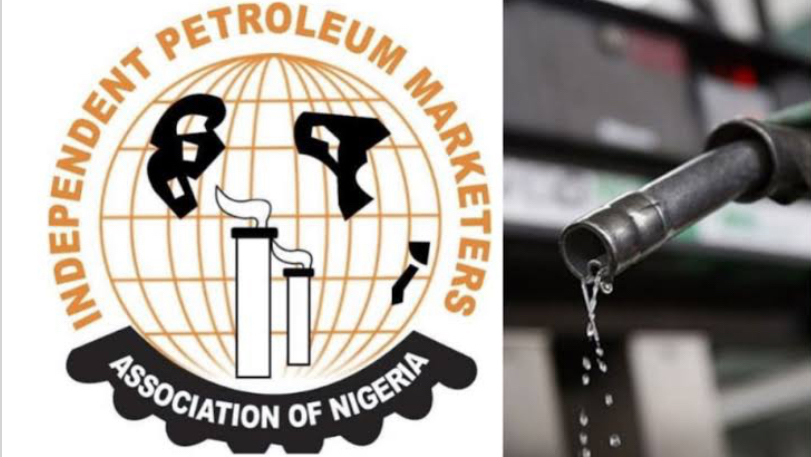In a recent confrontation between the Nigerian National Petroleum Company Limited (NNPC) and fuel marketers, the possibility of a staggering increase in fuel prices to N1200 per litre has sent shockwaves through the nation. The clash arises from the ongoing debate fueled by the naira’s downward spiral against the dollar, sparking concerns about the resurgence of hidden subsidies.
With the naira closing at N998/$ officially and a staggering N1,225/$ on the black market, economists and marketers raise alarms about the consequences. Bismarck Rewane, CEO of Financial Derivatives Company, contends that the subsidy reduction merely led to a concealed transfer of wealth from consumers to the government.
During a live television program on ChannelsTV, Rewane explained, “Subsidies are reversed taxes; if you reduce them, you increase the people’s taxes and reduce their income.” He highlighted the government’s increased revenue by 44% between May and June 2023, raising questions about its utilization.
Oil marketers argue that the subsidy on petrol is escalating due to the naira’s devaluation against the US dollar and rising crude oil costs. The Independent Petroleum Marketers Association of Nigeria (IPMAN) insists that PMS should sell for N1,200/litre in a free market, considering the current economic dynamics.
IPMAN’s National Public Relations Officer, Chief Ukadike Chinedu, asserts that the government is implementing a “quasi-subsidy,” absorbing half the potential price increase. He points to international factors, such as the cost of diesel and the exchange rate, to justify the proposed petrol price.
Amidst accusations, the NNPC denies claims of partial subsidy. Chief Corporate Communications Officer, Olufemi Soneye, dismisses the allegations as assumptions, emphasizing that the government no longer subsidizes petrol.
As the nation grapples with this potential fuel price surge, the situation remains fluid. The debate continues, fueled by economic complexities and the need for transparency in the face of looming uncertainty.
